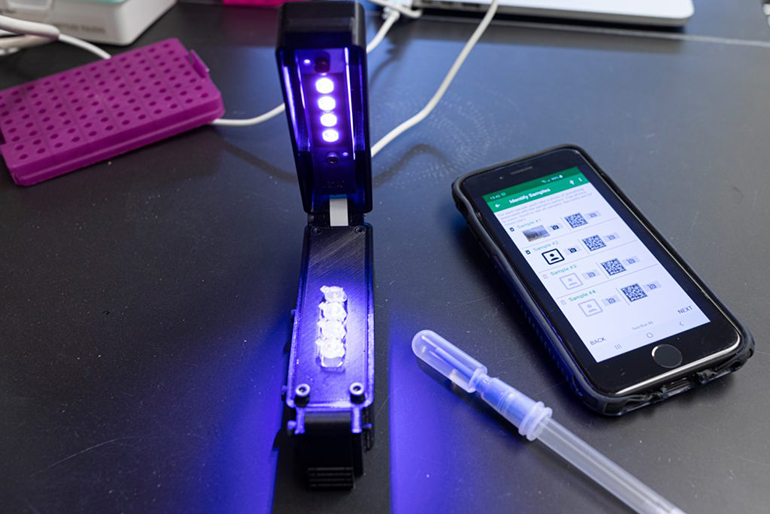As expansive as human life is known to be, it does suffer from its fair share of limitations. These limitations have popped up on the surface time and time again, and they have done so in various different ways. Now, with the form of question changing rather drastically upon every appearance, finding effective solutions was always going to be a tough task. Soon enough, our failures in this regard would become far too many, but fortunately we never pulled the plug, and the world was finally rewarded for that persistence through technology. While technology enjoys a very significant role today, our trust in the creation wasn’t there right from the get-go. In fact, it had to prove itself across the board before humans went all in on what actually turned out to be a generational tool. Nevertheless, if we have to sit here and pick the most pivotal moment in the said journey, we’ll have to bring up our medical sector. You see, after technology scaled up the healthcare product on a global scale, its fortunes literally transformed forever. We can even say that this was the moment when everyone started to put a lot more stock in the creation than they did previously. Technology, in return, will go on to build tremendously on the newfound belief. It is still actively doing so, as University of Washington delivers an intriguing medtech-powered concept.
The researching team at University of Washington has successfully developed a fresh COVID 19 testing technology, which is said to be capable of providing results within 30 minutes. Based on loop-mediated isothermal amplification (LAMP), the new technology is perfect for low-resources regions because it doesn’t require repeated heating cycle to enable nucleic acid amplification. Such a setup eliminates any need of bulky and ridiculously expensive thermocyclers that remain a mainstay in the PCR tests. According to certain reports, the new system is designed to make the test results available on a smartphone. Furthermore, it also comes packaged together with an economical sample reader. From a capacity standpoint, the current version of LAMP test can handle upto four samples at a given time.
“For a long time, the options have been either a PCR test that is expensive and typically takes a day or more to get a result, or a rapid antigen test that gives fast results and is low cost, but typically has lower accuracy than a lab PCR test. From the first day, we designed our test to be manufacturable at low cost and high volume, while delivering fast results with PCR-like performance,” said Barry Lutz, one of the developers of the new system.
Talking about the initial results, LAMP-based tests have so far displayed an accuracy rate of 97%, a figure that is relatively higher than the ones we see around PCR and antigen tests.



















